Cognitive Development Normal Alphabet Worksheets for Ages 3-9
7 filtered results
-
From - To
Discover our engaging Cognitive Development Normal Alphabet Worksheets designed for children aged 3-9. These interactive worksheets foster essential cognitive skills while introducing students to the letters of the alphabet. Each activity promotes critical thinking, fine motor skills, and letter recognition through fun, age-appropriate exercises. Perfect for both home and classroom use, these worksheets support early childhood education by challenging young learners in a playful manner. With a variety of themed worksheets available, children will enjoy enhancing their cognitive abilities while building a strong foundational understanding of the alphabet. Instill a love for learning with our thoughtfully crafted resources today!


Rhymes in Poems Worksheet
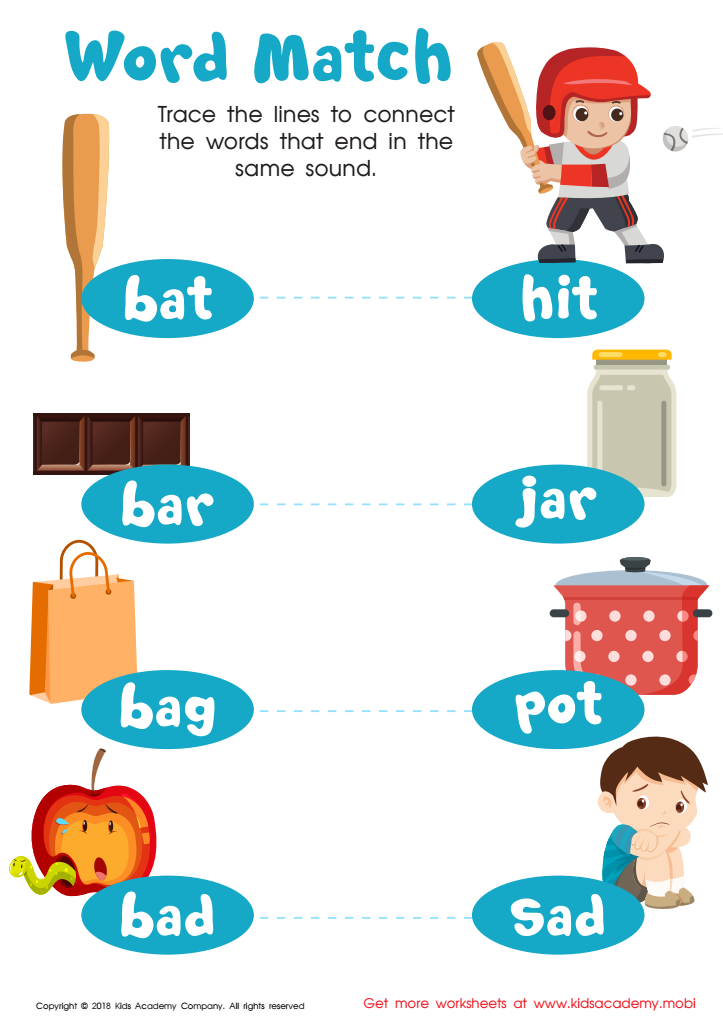

Word Match Reading Worksheet
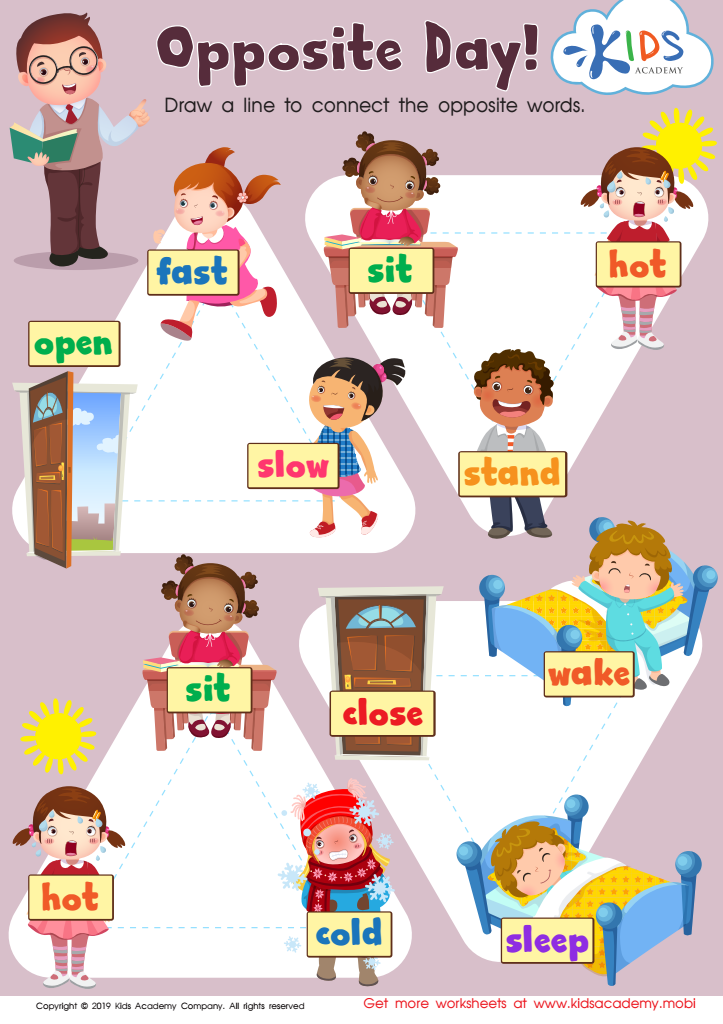

Opposite Day Worksheet
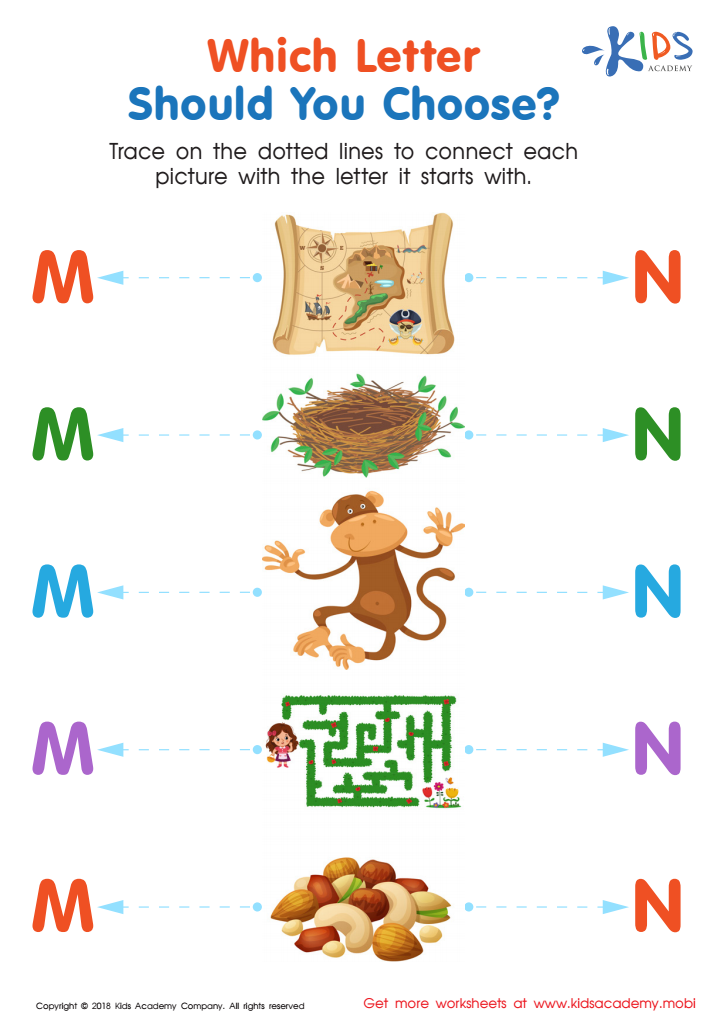

Which Letter Should you Choose? Worksheet
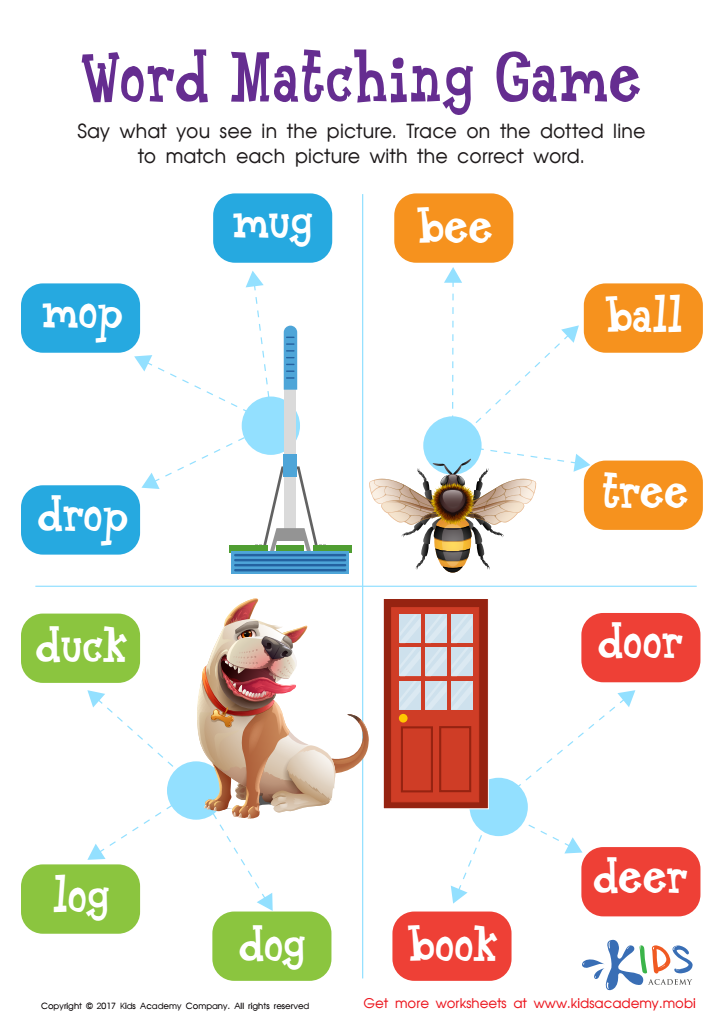

Word Matching Game Worksheet
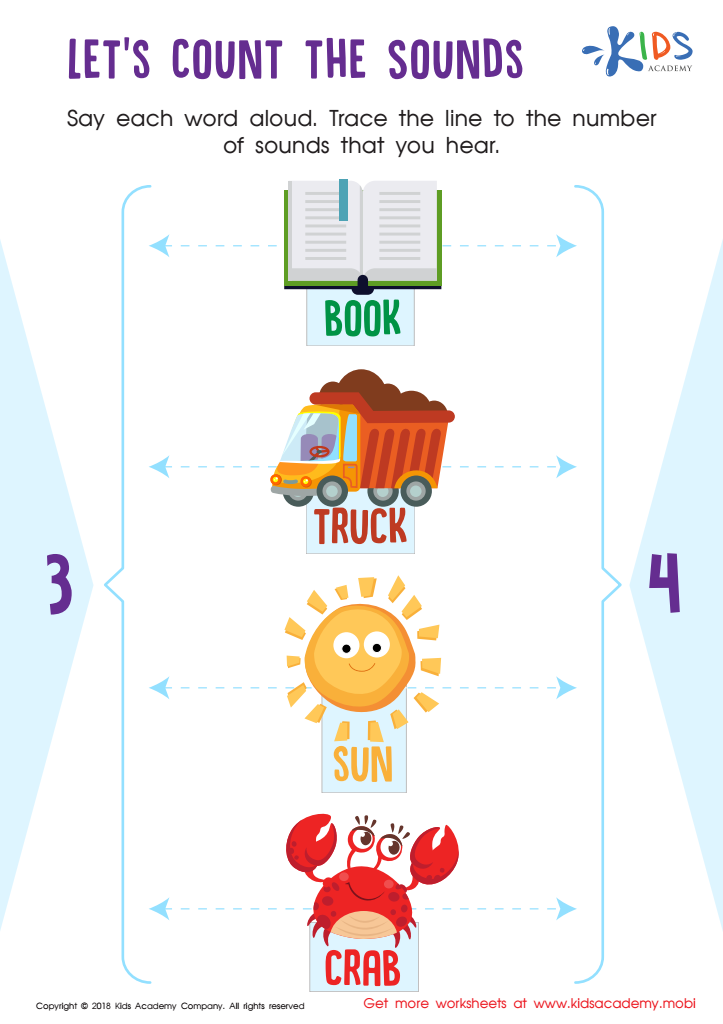

Let's Count the Sounds Worksheet
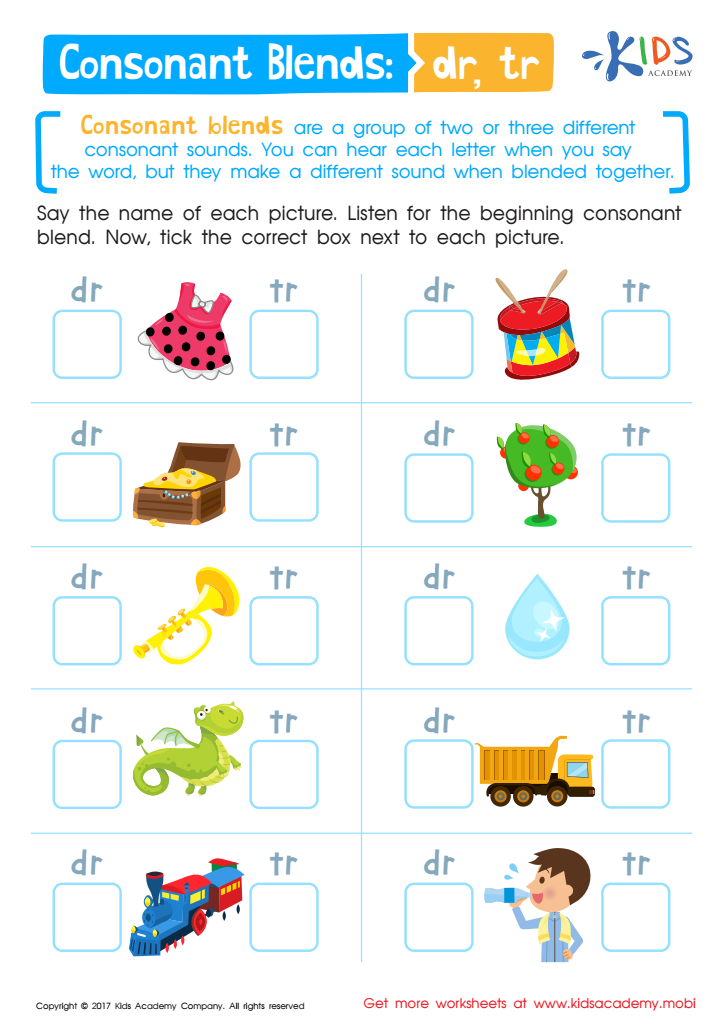

Consonant Blends: "Dr" and "Tr" Printable
Cognitive development in early childhood is crucial, particularly for children aged 3-9, as it lays the foundation for future learning. Parents and teachers should care about this developmental stage because it significantly impacts a child's ability to think, learn, and communicate. Understanding cognitive development helps adults create supportive environments that promote curiosity, problem-solving skills, and critical thinking.
At this age, children typically progress through key milestones that can range from recognizing letters and numbers to solving simple puzzles and understanding basic concepts of time and space. Early grasp of these skills not only boosts academic readiness but also fosters social skills through interactions that require reasoning and cooperation. Parents and teachers can introduce activities that enhance cognitive growth, stimulating verbal interactions and offering hands-on experiences that challenge a child’s thinking.
The "Normal Alphabet" approach, focusing on literacy skills during this period, underscores the fundamental relationship between language and cognitive development. Engaging children with reading and writing activities prepares them for future academic challenges, builds confidence, and encourages lifelong learning. By prioritizing cognitive development, adults will not only enhance a child's immediate learning experience but also set them on a path of success in their later educational journeys.
 Assign to My Students
Assign to My Students


















